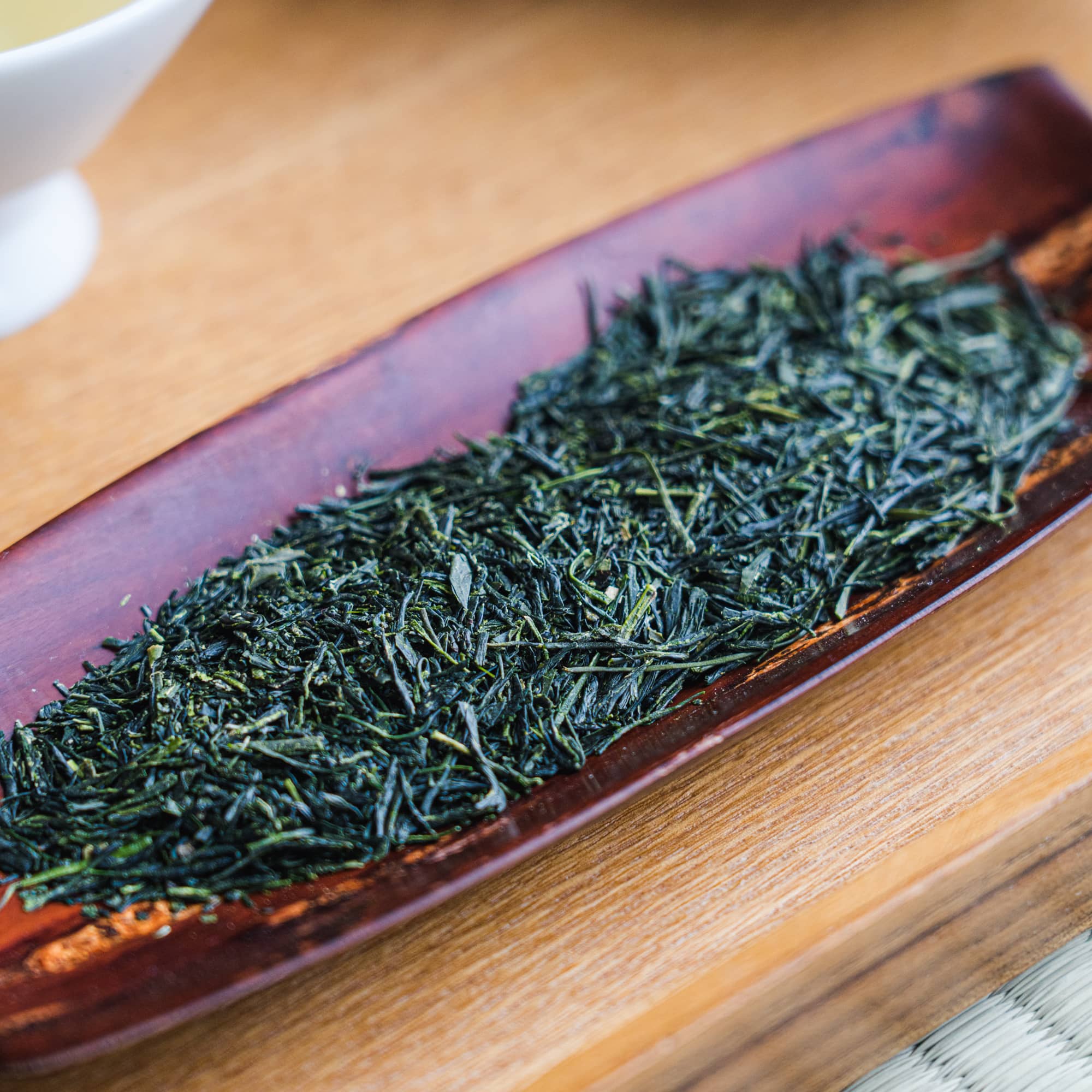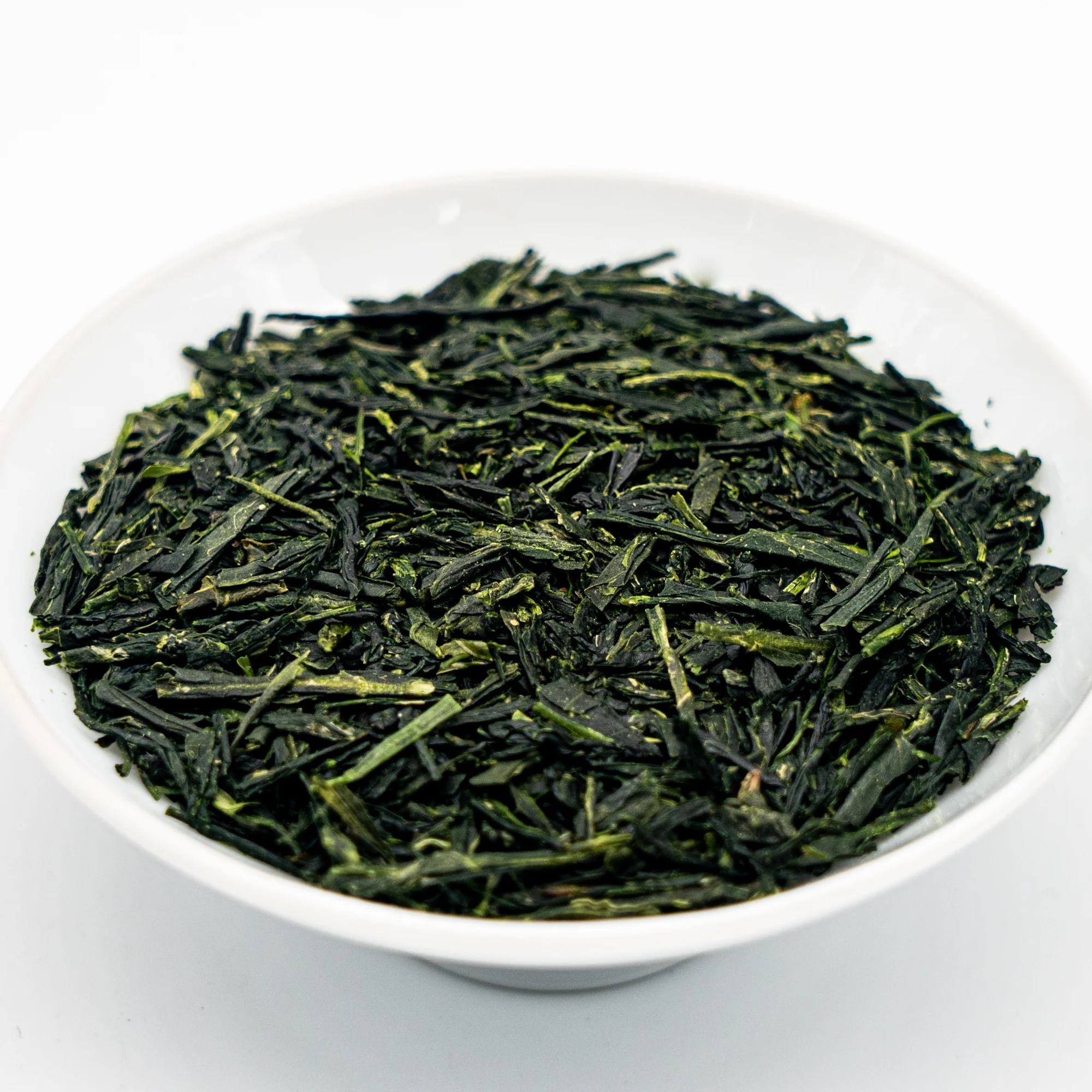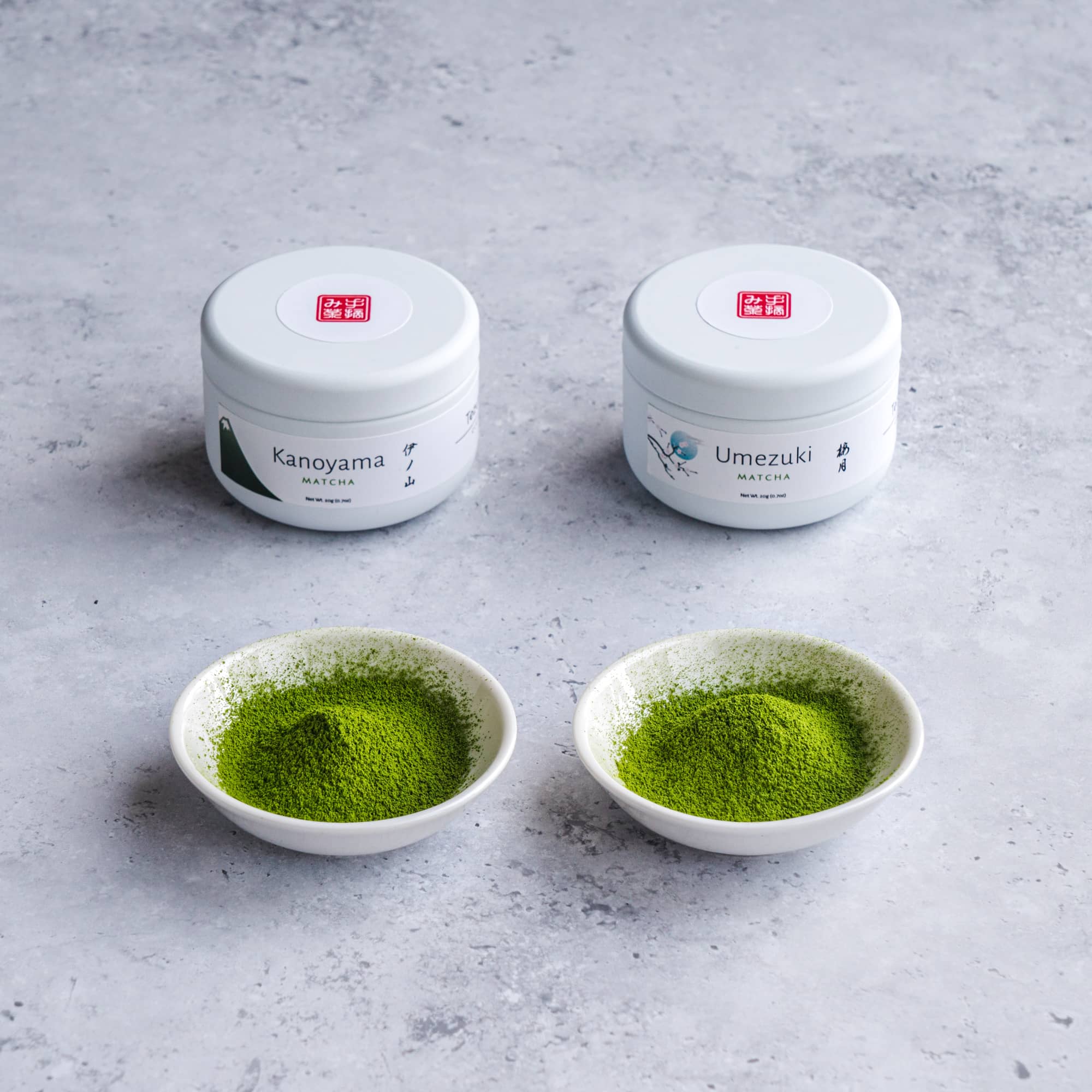Compared to most Japanese oolongs which are light and floral, this second flush oolong is highly-oxidised, with a dark, fruity sweetness, and prominent minerality.
As it is still an emerging, experimental, and incredibly rare style in Japan, oolongs produced here vary wildly in their production style, some emulating certain Chinese or Taiwanese teas, and others unique in their processing. All, however, are uniquely Japanese in flavour.
While Uji may be the most famous tea region in Kyoto, most tea sold as “Ujicha” is actually grown in the neighbouring town of Wazuka, located to the southeast, which produces almost 50% of Uji tea. Dating back to the Kamakura era, tea production in Wazuka has enjoyed an 800-year history. The tea plantations in Wazuka are located on the steep slopes of misty hills and mountains—an environment suitable for high-quality tea leaves, with cool air, short daylight hours, temperature differences between day and night, and well-drained soil. Cultivation of tea plants in such an environment takes a lot of time and effort, making it unsuitable for the methods of mass production employed in the flatlands.

Cultivar: Yabukita
Region: Wazuka, Kyoto
Producer: Azuma
Harvested: August 4, 2021
Elevation: 600m
Picking: Handheld Machine

Brewing Instructions

Tea/Water Ratio

Water Temperature

Brewing Time
Meet the Producer
Azuma Chaen (東茶園)


Cultivar: Yabukita
Our Loose Leaf Selection
View all





























